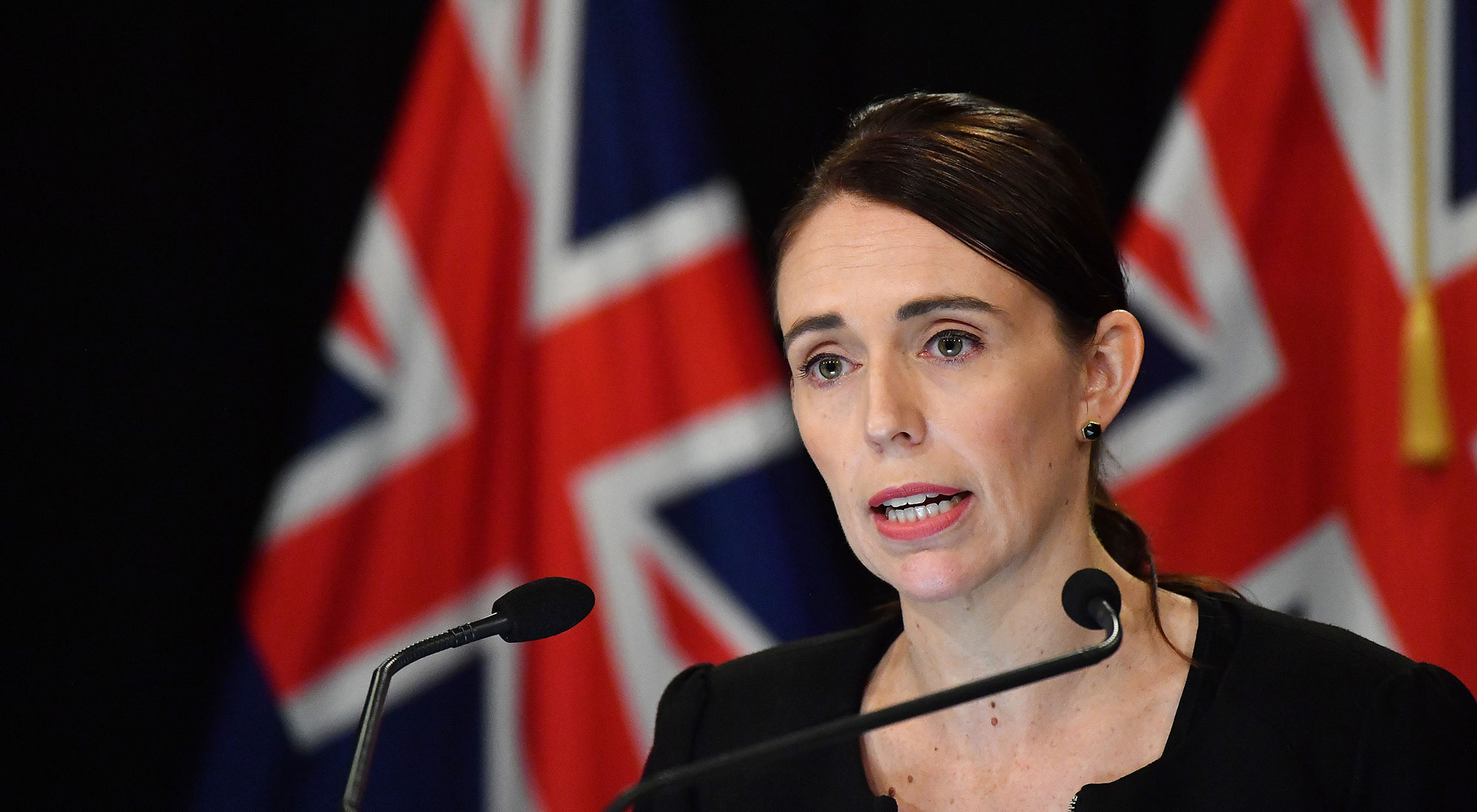
A new study sheds some insight into how major figureheads responded to the outbreak
Female world leaders acted 'more quickly and decisively' than male counterparts when the coronavirus pandemic first hit, a new report has concluded.
They locked down their respective nations more swiftly, slowed the spread of the virus and saved lives, according to a paper published by the World Economic Forum.
By doing so, their countries had ‘systematically and significantly better’ odds, the research states. Scientists shared that the pattern indicating female leaders acted faster, and in turn saved lives, is ‘definite and consistent’.
Women-led nations had a lower number of Covid-19 deaths overall. Professor Supriya Garikipati of the University of Liverpool shared: "Our results clearly indicate that women leaders reacted more quickly and decisively in the face of potential fatalities."
"In almost all cases, they locked down earlier than male leaders in similar circumstances," he added.
Alongside the women acting more swiftly to respond, 'risky behaviour' by male leaders put their countries at a disadvantage. Take Boris Johnson’s shaking hands statement. Shortly after the outbreak hit the UK, he insisted he would still shake hands with ‘everybody’ during a hospital visit. By not insisting on more restrictions sooner, Boris himself fell seriously ill with the virus.
Celebrity news, beauty, fashion advice, and fascinating features, delivered straight to your inbox!
On the other hand, women such as New Zealand’s prime minister Jacinda Ardern have been praised for acting quickly and sensibly.
Researchers are keen to ensure their paper doesn't gender stereotype women as 'risk-averse'—quite the opposite, according to Prof Garikipati. "The reality is far more complex," she shared.
"Women were less willing to take risks with lives but were more willing to accept risks in relation to the early lockdown of economies. It could well be that the relatively late lockdown decisions by male leaders may reflect male risk aversion to anticipated losses from locking down the economy," she added.
On top of that, female leaders demonstrated more 'empathetic and decisive' communication skills. Researchers concluded this helped influence their swift action and, in turn, prevented the pandemic from taking too many lives.
Interestingly and perhaps unsurprisingly, only 19 of the 149 countries studied were led by women, which could skew the findings. These particular female leaders, for example, could just have personalities that enable them to respond better in a crisis.
To counter this hurdle, researchers enlisted a ‘nearest neighbour matching method’. This compared similar nations on characteristics of GDP per capita, population, proportion of people living in urban areas and more.
The result? "We still found that female-led countries had significantly fewer deaths and also spread of Covid-19 than countries led by men," Prof Garikipati shared.
What do you think of the findings?

Ally is Marie Claire UK's Senior Health and Sustainability Editor, a well-regarded wellness expert, ten-time marathoner, and Boston Qualifying runner.
Utilising her impressive skillset and exceptional quality of writing, she pens investigative, review and first-person pieces that consistently demonstrate flair and originality.
As well as writing, Ally manages a team of freelancers, oversees all commissioning and strategy for her pillars, and spearheads the brand's annual Women in Sport covers, interviewing and shooting the likes of Mary Earps, Millie Bright, and Ilona Maher. Shortlisted for three BSMEs and winning one in 2022, Ally lives and breathes her verticals: her eye for a story and connections within the wellness sphere are unrivalled. Follow Ally on Instagram for more.
